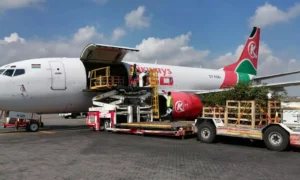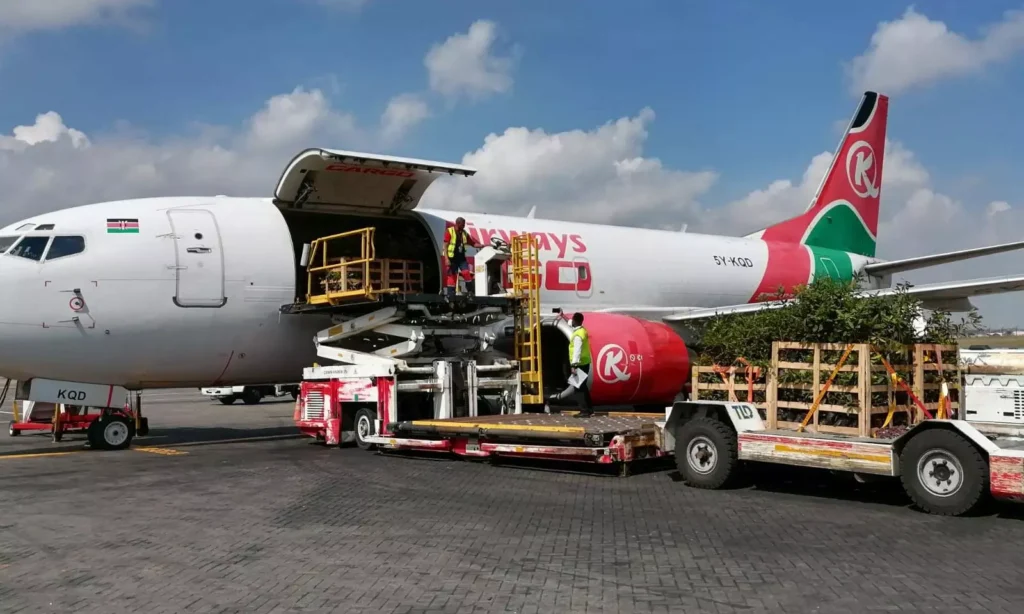The West African aviation sector is experiencing a significant transformation as regional airlines intensify their efforts to connect key cities across the Economic Community of West African States (ECOWAS). With more direct routes, new airline partnerships, and growing investment in fleet and infrastructure, the region’s air corridor is becoming increasingly accessible—offering greater mobility for travelers and promoting economic development.
New Cross-Border Routes Redefine Regional Air Travel
A series of new and resumed flight routes have been launched across the sub-region since late 2024, demonstrating a strong commitment to enhancing intra-African air travel. Airlines such as Overland Airways, ASKY Airlines, Benin Airlines, and a revived Air Sierra Leone—backed by Nigeria’s XEJet—have begun offering regular flights between major West African capitals, reducing travel time and fostering easier movement of people and goods.
For example:
-
Air Sierra Leone, in partnership with XEJet, resumed the Freetown–Lagos route in January 2025, marking a return after a 15-year hiatus.
-
Overland Airways began flying from Lagos to Freetown in December 2024 and is set to add service to Banjul.
-
Benin Airlines launched flights connecting Accra, Lagos, Niamey, and Ouagadougou, with daily frequencies on high-demand routes.
-
ASKY Airlines added a Lomé–Conakry–Nouakchott route, now serving all 15 ECOWAS nations, a first for any single airline in the region.

Driving Forces Behind the Expansion
The increased activity is fueled by broader regional integration efforts, particularly the African Continental Free Trade Area (AfCFTA) and the Single African Air Transport Market (SAATM), which aim to reduce barriers to movement across African countries. These initiatives have provided both political and economic incentives for airlines to open new routes and invest in more efficient operations.
Additionally, regional governments and aviation authorities are modernizing airport infrastructure and streamlining regulatory frameworks to attract investment from both public and private stakeholders. Some countries, such as Burkina Faso and Benin, have overhauled their fleets with newer aircraft, increasing reliability and fuel efficiency.
Economic Benefits for the Region
Improved air connectivity brings a host of benefits, including:
-
Trade Facilitation: Direct air routes between economic centers ease the movement of business travelers, cargo, and services.
-
Tourism Growth: Enhanced links make travel to regional destinations more appealing for both domestic and international tourists.
-
Job Creation: The aviation boom is driving demand for pilots, ground crew, hospitality workers, and logistics providers.
-
Lower Airfare and Competition: Increased competition and route diversity are gradually driving down ticket prices, making travel more accessible to a broader population.
Airlines are also tapping into niche markets by scheduling flights to coincide with major cultural events, festivals, and business expos across the region, attracting new customer segments.
Challenges Remain Despite Progress
While the expansion is promising, several persistent challenges could impact the sustainability of regional aviation growth. High jet fuel costs continue to strain airline budgets, while airport fees and taxes in some countries remain prohibitively expensive. In addition, visa requirements between some ECOWAS countries still hinder seamless travel, contrary to the region’s stated goals of integration.
Infrastructure bottlenecks, such as outdated air traffic control systems and limited runway capacity at smaller airports, also pose operational constraints. However, regional organizations and governments have acknowledged these issues and are working to address them through funding, training, and multilateral agreements.
Looking Ahead: A More Connected West Africa
The strengthening of the West African air corridor is a crucial step toward building a more economically integrated and mobile region. With more airlines expanding their networks and governments aligning policies to support aviation, the future holds strong potential for even greater cross-border collaboration.
Stakeholders anticipate that by 2026, every major ECOWAS capital will be connected by at least one direct or single-stop flight, reducing the need for circuitous travel routes via Europe or North Africa. This milestone would mark a turning point in West Africa’s journey toward self-reliance in air transportation and regional development.







